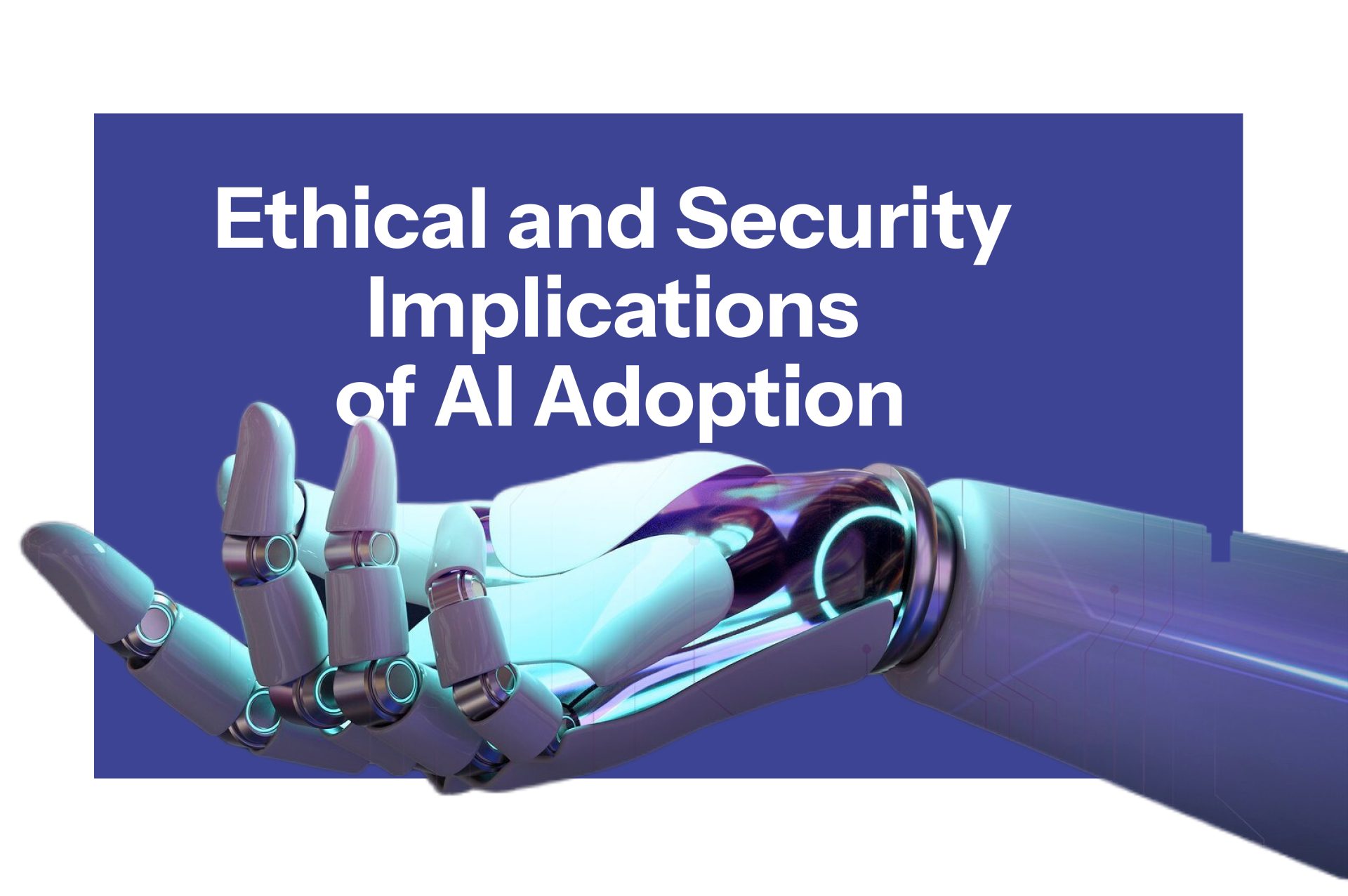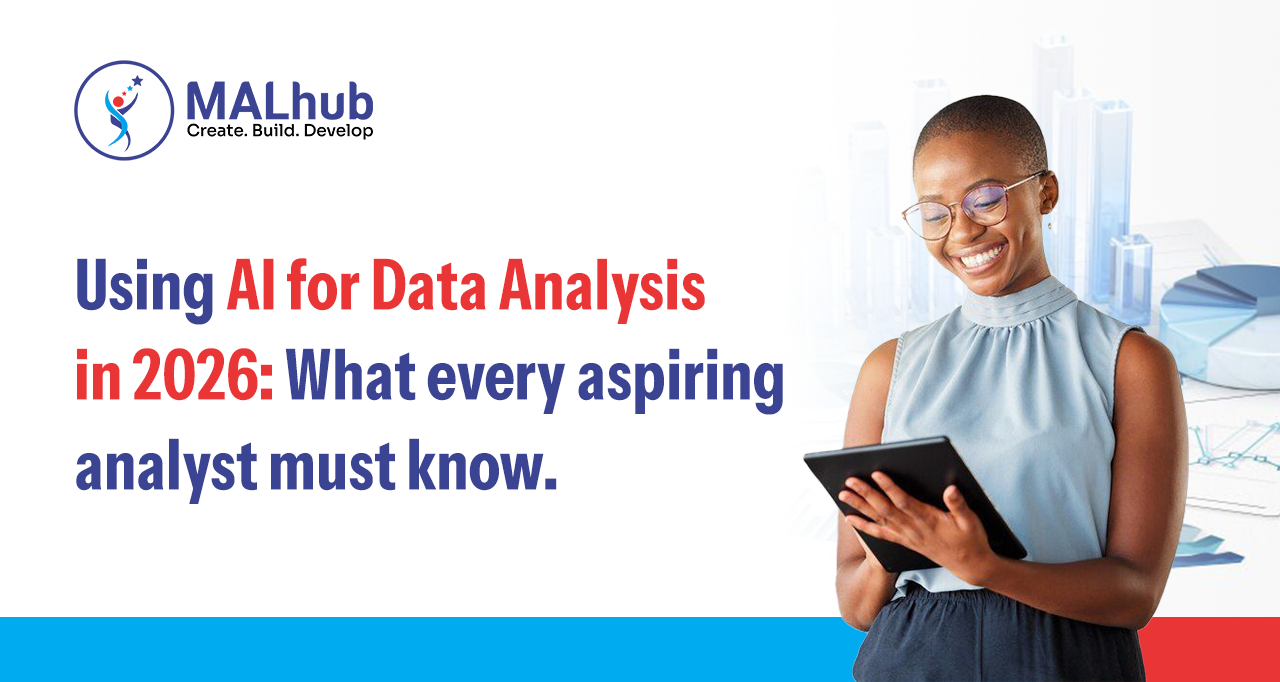Artificial Intelligence (AI) is a game-changer and the world has already started sensing it with its impact on various sectors making them reinvent their processes and functionalities. While AI adoption can drive the business forward, it also generates significant ethical questions and cybersecurity implications that must be carefully addressed with foresight.
Algorithms and decision-making processes can also be biased, creating ethical dilemmas in the development and deployment of AI. Since AI systems depend on data inputs, they often reflect and amplify societal biases resulting in discriminatory outcomes like biased hiring or lending practices, incarceration rates etc. How to reduce this bias while maintaining ethical standards is by ensuring fairness and transparency in AI algorithms. Also, the AI system can accumulate and use massive amounts of personal data that raises huge privacy issues. Ensuring the privacy of an individual cannot be accomplished because it requires strong data protection and compliance with legal & regulatory privacy laws. Trust and Accountability – In order to manage trust and accountability in AI-based applications, organizations need well-defined data storage usage policies.
AI technologies present a different set of security issues due to their use of sophisticated algorithms and large-scale data processing. Various sectors face cybersecurity threats such as adversarial attacks, data leaks and system vulnerabilities that put AI-powered systems at risk. Those who apply strict security practices (ie, use encryption and proper authentication protocols that are accompanied by a continuous real-time monitoring for all those) will be able to minimize these risks in their total sum after potential damage inflicted.
The effective governance of AI technologies requires full-spectrum regulatory regimes that deal with questions of ethics, security and impact to society. Governments and international organizations must be responsible for establishing policies governing ethical development of AI, consumer protection, and transparency. Through these approaches, the respective regulatory efforts shape future AI ethics and data privacy as well cybersecurity practices fostering a secure ethical environment for AI innovation. For sustainable AI adoption, it is necessary to educate people about the technicalities of what can go wrong and its potential ethical-cultural-security implications. This helps sensitize the stakeholders, such as policy makers and businesses but also regular citizens about AI risks.They would favor responsible use of AI. AI ethics and privacy rights campaigns are part of a broader movement around AI policy making at Listen as we encourage individuals to get involved with shaping the rules that govern when, how and why it’s legal to use AI.
The future of AI application ethics and security should be through ongoing cooperation with new technology answered. SP: Regular dialogue is required among stakeholders in order to anticipate future issues and develop efficient AI governance frameworks. By prioritising ethics, enhancing cyber resilience and enabling transparency, society can harness the transformational power of AI while minimising its ethical and security risks.
In summary, the widespread use of AI promises unparalleled possibilities in many sectors for innovation and efficiency. But many of the moral dilemmas and cybersecurity threats that come with adopting AI have to be handled sovereignly and collaboratively. It is in acting to center ethics as a core pillar of AI development and focusing on stronger cybersecurity resilience that stakeholders will be better positioned to realise the full potential of harnessing AI for all, while avoiding significant ethical tension and security vulnerabilities.
Check out MALhub’s Cybersecurity course to learn more about safeguarding AI technologies, as well ethical dilemmas on the digital environment.
















